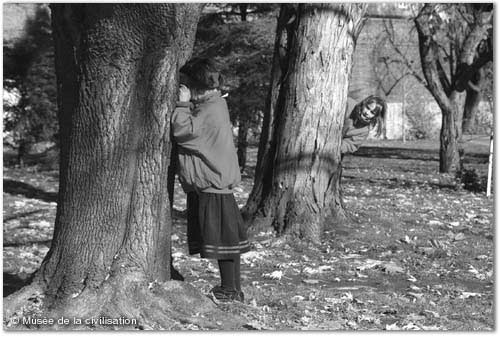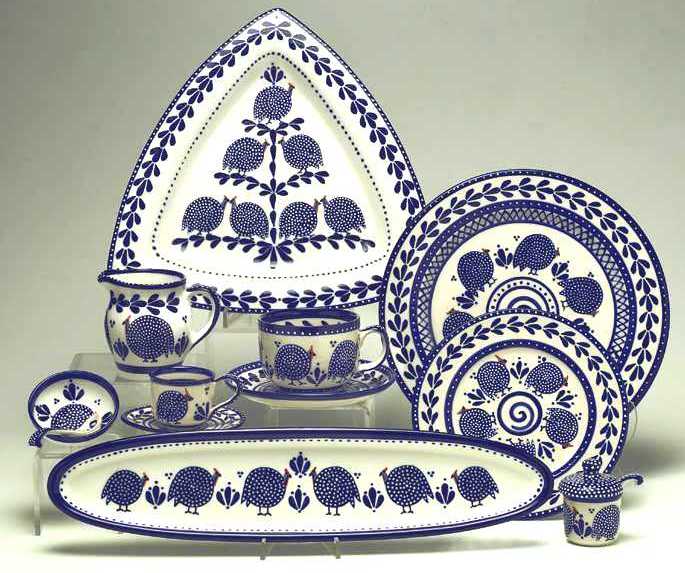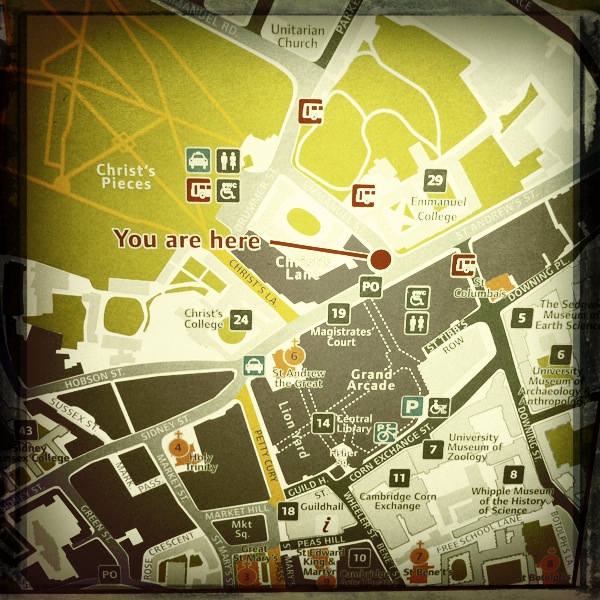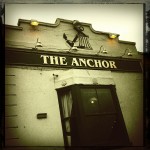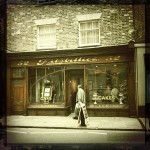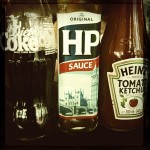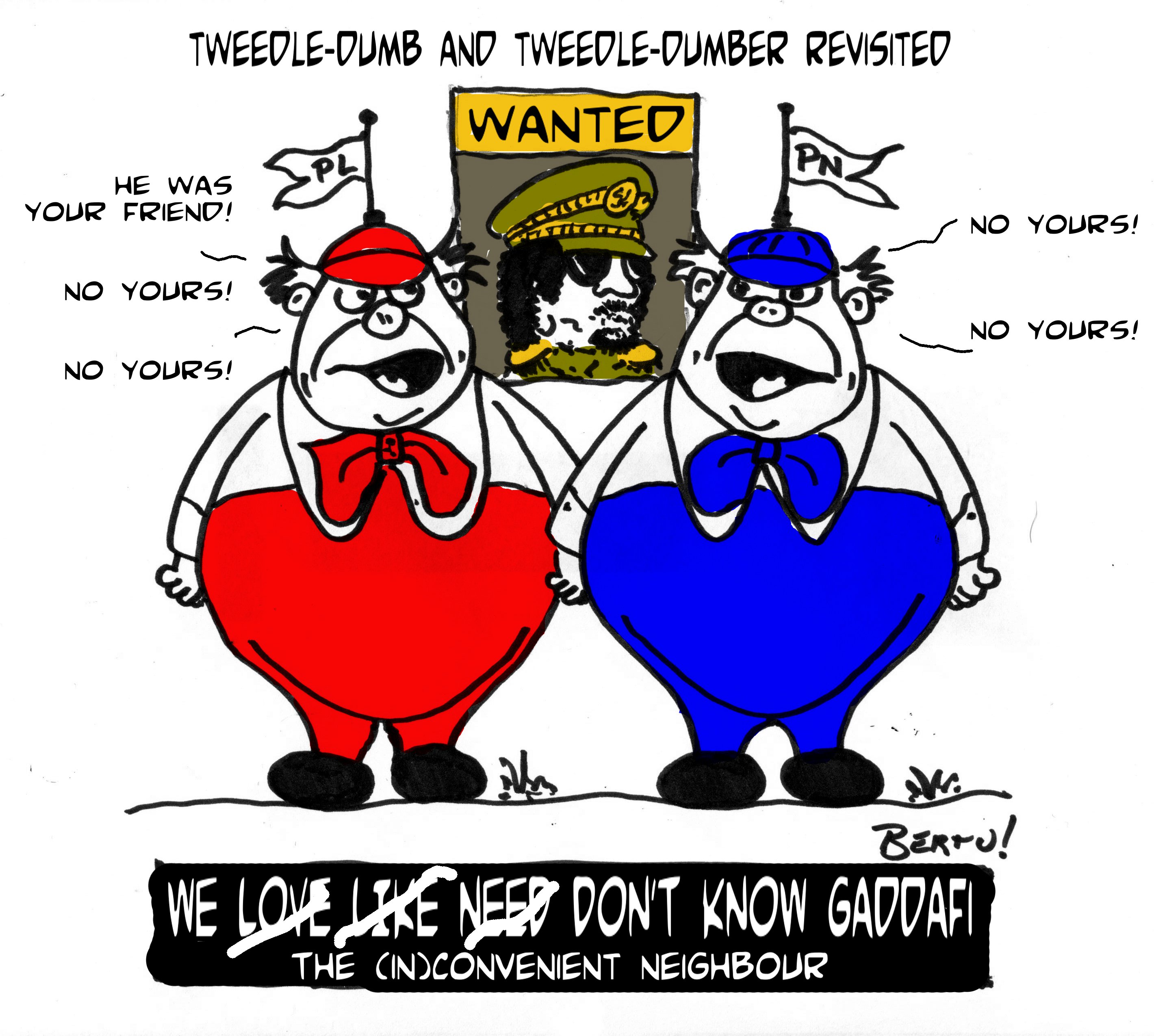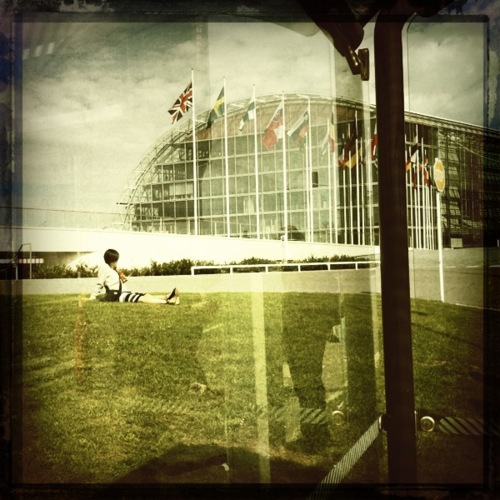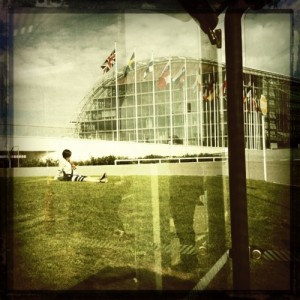It’s the end of the world as we know it. Not really it isn’t. In relative terms it could be though. For the time being it’s probably best if we concentrate on the fact that the end of summer is nigh, though blessed as you are to be living on an island with a lovely climate, that kind of news might sound a little bit premature. What I really mean is that the general heavy feeling that comes with the end of summer is definitely here. It’s the end of the drunken stupor and the stolen moments of dolcefarniente. No more inhaling copious amounts of sea breezes with the only worry being the right choice of wine to go with the mixed shellfish.
The signs are all around us. The commercial motors are beginning to whirr into action after the pause mandated by the universal law which states that for a short time the only things a consumer desires is a BBQ set and a pair of flip-flops. “Back to school” offers flood the advertorials and office employees exchange stories about their summer vacation while showing off their tans. There’s all that − which is quite usual − and then there is more.
The agony of foreknowledge
It was an article in the UK Times by economics expert Anatole Kaletsky (“Take cover: a financial hurricane is blowing in”) that really made this weird feeling hit home. Kaletsky does a good job (of course) of describing how in periods of great financial crisis the worst months to look out for are September and October. He lists an incredible amount of historic financial fiascos and points out the fact that they all happen over these two ill-fated months. From Wall Street in 1929 through to the Lehman bankruptcy in 2009, a series of doomsday-like economic crises struck just as summer sailed out of sight and autumn fell into the equation.
Mine is no exercise in conspiratorial coincidences. It is not so much the pattern that is worrying as the signs that occurred throughout the soporific haze of a summer but that seem to have been ignored by all concerned. “All concerned” seemed to be sufficiently distracted by other bits of news but could not be bothered to look at a wider picture. Thank God for Anatole then. For starters I was reassured that I was not insane and that my worries (although fed from a position of relative economic ignorance) were justified.
Anatole listed four events that zoomed by us this summer: (1) the eurozone crisis (and German hesitation therewith); (2) the downgrading of US growth; (3) the collapse of confidence among US consumers; and (4) the confusing message from Ben Bernanke of the Federal Reserve as to whether he will try additional action to stimulate US growth. Yes, I got this list from Kaletsky’s article (available at a price on The Times online) and I probably would never have got the fourth point myself. What I did find reassuring was that someone somewhere outside the island at the centre of the universe seems to be sufficiently preoccupied about what he calls potential financial hurricanes coming our way.
Beyond their timid lying morality
It turns out (always in the gospel according to Anatole) that the financial hurricane’s force might be mitigated and turn out to be a false alarm. What is certain is that there is no harm in advocating both prudence and awareness given the fragility of the current economic climate. In fact, these normally come in a specific order: first there is awareness that leads to prudence. The problem we might have in this country is related mainly to awareness of what’s going on beyond our shores. Unless something apocalyptic happens to lift the veil and jolt us into reality our politicians tend to be blissfully ignorant and engaged in tremendous navel gazing.
Need proof? Just look at the pot and kettle show (as James Debono so aptly put it) between the PN and PL with regard to Libya. Now that Gaddafi has shot down in the popularity ratings faster than Usain Bolt on a false start, it has become imperative for everyone and everything political on the island to wash their hands (and ever-present consciences) of any link with the Green Leader.
Lest I be misunderstood, let me be clear that I am not interested in the comparison game myself. If I were the sole and ultimate judge I would have no doubt in declaiming that Labour wins the “I Love Libya” contest by a barrow-load of points. By no stretch of the imagination can the uberfraternal relationship between Labour and Gaddafi’s Libya be compared to the dealings made by PN politicians or by the PN government over the 40 forty years.
The view at different levels does however provide different outcomes. Politicians on both sides of our poor political fence spun networks and webs with Gaddafi and his henchmen via ingratiation and friendly exchanges in order to get a foothold in the Libyan Business Circle. Blue or red was not so much the worry as the careless ignorance of how much of their “business” was obtained with the blood, sweat and tears of the Libyan people. Should the parties bear the responsibility for such individuals? Does realpolitik come into play? Well the good old J’accuse dictum about PLPN applies here: you reap what you sow.
Perhaps we are asking the wrong questions
Then there is the party level. People like myself only just missed the obligatory Arabic at school (by one year) but we grew up on a steady feed of “Green Propaganda” and developed a twisted Pavlovian response to all things Arab (an unfortunate mental default that was only eventually rectified through learning about the treasures, riches and beauty of a wider Arab world beyond Muammar’s Green Book). We automatically associate this surreal world of the Arab Oz with the Mintoffian era. Elsewhere, the PN hacks, delighting in unearthing Labour’s recent past of flirtations and love affairs with the Colonel, have documented this period well enough.
As a party, the PN has nothing as close as PL’s incestuous relationship with Gaddafi and his monetary support − I suspect that if foreign money had to come Pietà’s way it would be from some Stiftung or other in the heart of Christian-Democracy. Out of the 40 years of Gaddafi regime, there have been at least 20 years of PN government during which − as a commentator on my blog observed − the practice of realpolitik dictated that the government maintain friendly relations with the volatile neighbour.
Good point. Only, beyond the granting of honorary titles you do sense a veil of hypocrisy behind the pointed fingers. The last six months of hesitation by the PN government was sufficient proof of how convenient the “realpolitik” line really is. One cannot fail to mention the extreme misjudgement behind our Prime Minister’s last visit to Gaddafi with the fires of revolution already alight, or the caution with which the rebel government was treated for a long time.
Revelations
As the new season breaks in, J’accuse keeps the same message flying. Ask questions of your politicians. Question their promises. Look through their declared motives. Do not let them wait for the apocalypse, for the lifting of the veil, before they are shocked into action. Bring the apocalypse to them yourselves. As I’ve liked to repeat recently: ask the right questions. There’s a limit to how long they can keep up the pretence.
www.akkuza.com was in Cambridge this weekend for John’s wedding (congrats). The subtitles in today’s article are a nod to three great apocalyptic films: Twelve Monkeys, Apocalypse Now and The Matrix. Anatole Kaletsky’s article referred to here is available in the UK Times and was published on Wednesday this week. www.re-vu.org discussed stereotypes in our head this week.
